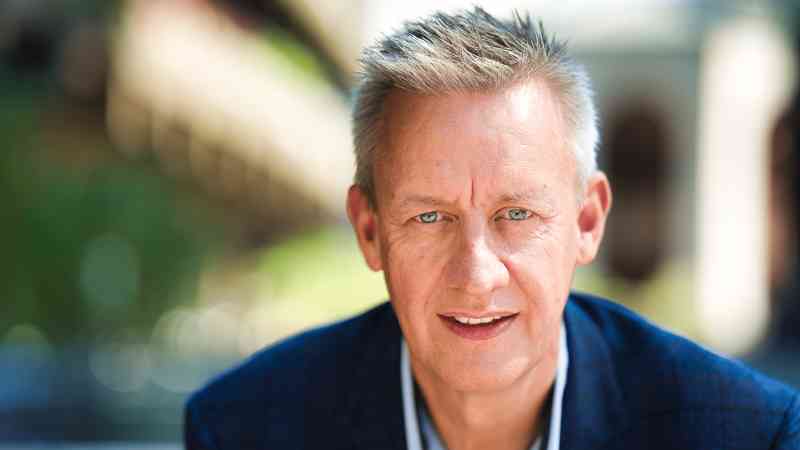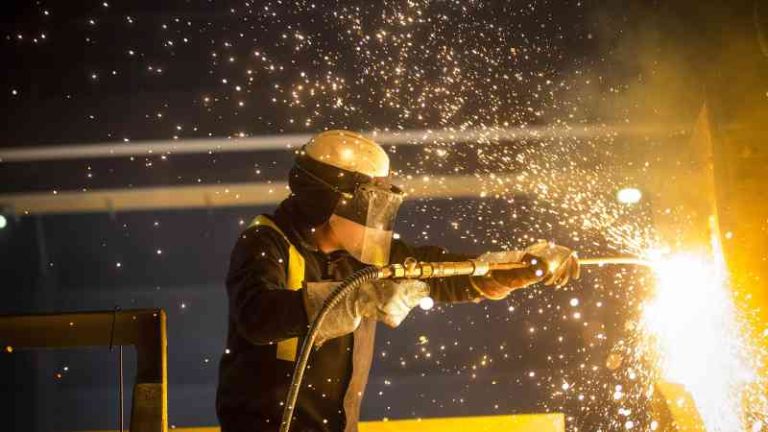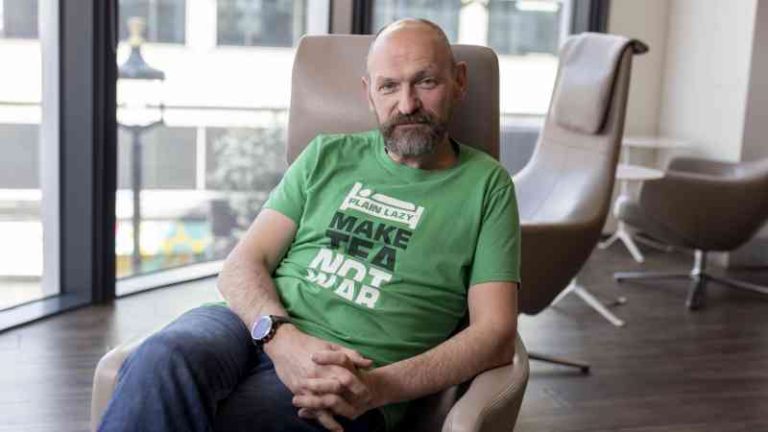What I learnt … about ego
Russell Dalgleish is the co-founder and chairman of the Scottish Business Network, a not-for-profit organisation connecting 12,000 Scots across 75 countries. Born in Selkirk, Dalgleish, 60, set up the network in 2015 with Christine Esson after a career in which he became chief executive of software and engineering-related companies. During that time, he learnt to live with addiction and reassessed his priorities. He argues that too much time and energy can be lost fighting situations that are not to our liking.
I want, I want, I want. I want to climb that ladder, change job titles. It was all driven around self.
But my career arc had a pivotal moment when I identified that I had an addiction problem — alcoholism — and part of the recovery was changing my mindset about what drove me.
Managing my ego through a belief in acceptance was a critical change for me. Acceptance is about taking ownership of the decisions in life — asking in situations of conflict: “What could I have done better there?”
It is not about becoming a doormat. By taking ownership, it is an amazing release of resentment. It frees you up from worrying about what has happened and how to get your own back, and instead to focus on moving forward.
When I learnt how to do this, my career took off
I stopped climbing the ladder that others were giving me. We have all done it — you climb higher and you release it is just getting worse.
Instead, I started to look at what I was actually good at. Not what was I good at to climb the ladder: being political, manipulative, nasty, backstabbing … those kinds of skills. I discovered I was good at communicating. I was exceptionally comfortable on a stage. I wasn’t performing, I was acting in a way with an audience where I didn’t feel I was under any threat. It was because I was being honest.
You learn through addiction that once you are being honest, it is an awful lot easier to remember what is happening. You don’t have to worry about what story you have told.
I also really enjoyed travel and I started to build networks of people, including one that brings together the Scottish diaspora around the world. We started with a dozen people in a room in London, one borrowed from Aberdeen [now Abrdn, the asset manager], which had a boardroom on Cheapside in central London. You know you are doing the right thing when Martin Gilbert, who was then the chief executive, asks to speak at the event. You start to notice that the universe is becoming your supporter, rather than your enemy.
It is really hard to do this
Acceptance is like fighting against your natural instinct to be right, particularly for men. We want to be right. In 2008, I was lined up to be the chief executive of an engineering firm and they decided to give it to another person. That is an interesting moment because, as ego-driven men, that drives us mad. We have told everyone and assumed it would happen.
We then use all our energy to start plotting how to destroy that person. It’s weird when you explain it out loud, but that is how careers in big companies work.
But I stopped myself. I told myself I mustn’t revert to old traits, but instead go to the person who got the job, congratulate them and ask them how I can help. Three months later, the board replaced that person with me. It was not because of anything I had done — I had done my very best to help them — but they were just out of their depth and didn’t have the experience to do it.
When do you accept situations and when do you keep fighting?
It becomes an instinct now, but initially it required a lot of contemplation. We live in a world where there are a lot of self-help books — there is probably one that came out in the last ten seconds — but I have studied the ones from the 1930s and they talk a lot about self-discovery; look at Dale Carnegie’s How to Win Friends & Influence People.
I spent a lot of time trying to understand who I was, what I was good at and what I was bad at, which helped me to understand if I was reacting from an ego perspective or reacting in a positive way.
Take an example. Perhaps a deal in a sales pipeline doesn’t come off. Now I don’t blame the customer or the salesman for failing to land the deal, I look at myself and ask what could I have done better. Did I not go to that key meeting, or perhaps not get close enough to them? Was I overconfident or didn’t look at the data closely enough?
When I do question myself, I find there is a much higher likelihood that I will identify how to win that deal later, how to work with that person and company and keep that relationship alive.
Russell Dalgleish was talking to Richard Tyler, editor of the Times Enterprise Network. The Scottish Business Network’s next networking event is on September 12 in Belgravia, London






